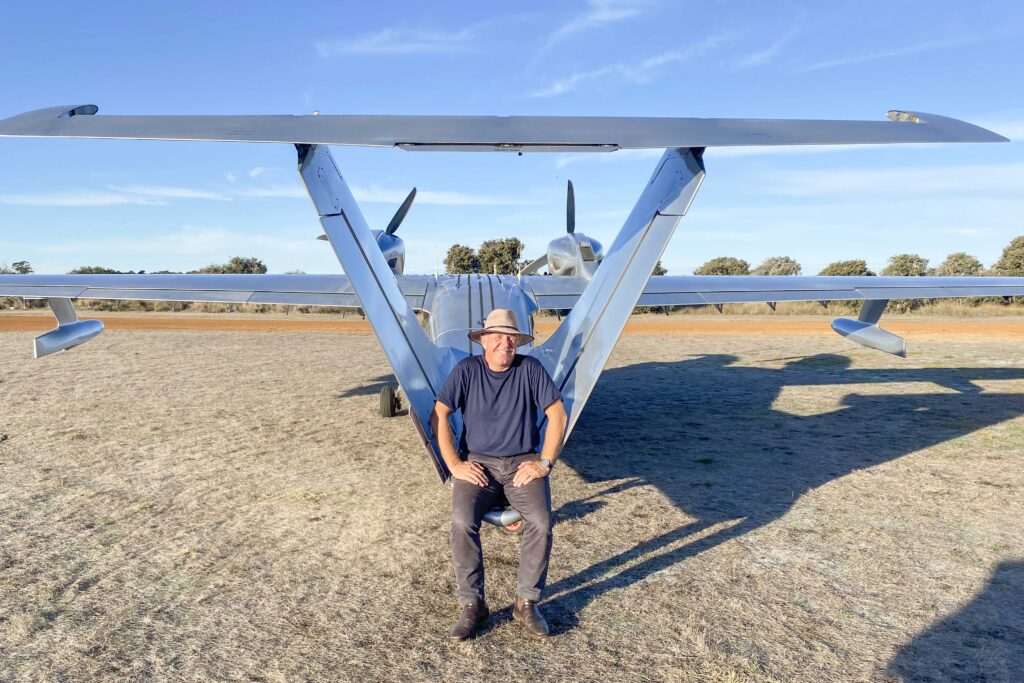Corporal Rory Grundy. Photos: supplied.
Esperance observed the tradition of the Remembrance Day one minute silence once again on Monday, giving pause for reflection on the men and women who lost their lives in Australia’s wars overseas.
While the tradition began to mark the signing of the Armistice that ended WW1, it continues as a mark of respect for those who fell in more recent wars, as well as those who returned.
Esperance Weekender was lucky enough to interview a veteran of the war in Iraq, Esperance local Rory Grundy who served in 3 RAR, the same unit as Korean War veteran Stan Starcevich (Weekender November 8).
His tour of duty in Iraq was for seven months in 2017.
First of all, was it worth it?
“Yes absolutely.

“While we were over there ISIS was defeated in Mosul and we played a small part in that conflict. We were there as trainers and advisors for the local Iraqi Army. Any defeat of a terrorist organisation is definitely worth it.”
What were your impressions of your Iraqi Army students?
“My first impression was how limited their resources wore and the scope of their training. But they turned up every single day to learn and they were all super friendly and very much willing to take on what we had to say for the seven months.”
What change did you notice in your students at the end of those seven months?
“It was massive. From the start to the end, their understanding of simple things like movement in the urban environment, moving around each other, what information to communicate, they went from crawling to running in those seven months.”
Corporal Grundy left the regular army in 2018, joining the reserves before re-enlisting in 2020, this time with 1 RAR. As Stan Starcevich had told the Weekender (November 8) it was better for a veteran’s mental health to stay in the military for some time after a war, we asked Mr Grundy if he agreed.
“Absolutely. Nine times out of ten, staying in that environment is beneficial for your mental health because you are surrounded by people that know you, your shared experiences.
“You come up with your own mechanisms of interaction and communication and when you are removed from that environment you have to re-lean that with a new group, so that adds another layer of complexity and challenge.
“If you can stay within your environment and your community that takes one weight off your shoulders.”
Back in civilian life, Corp. Grundy has just started a new job with Arc Infrastructure doing track maintenance on the Esperance rail line in.
He has also returned to the Army Reserve, where he is Infantry Section Commander with 16 RWAR in Perth.


